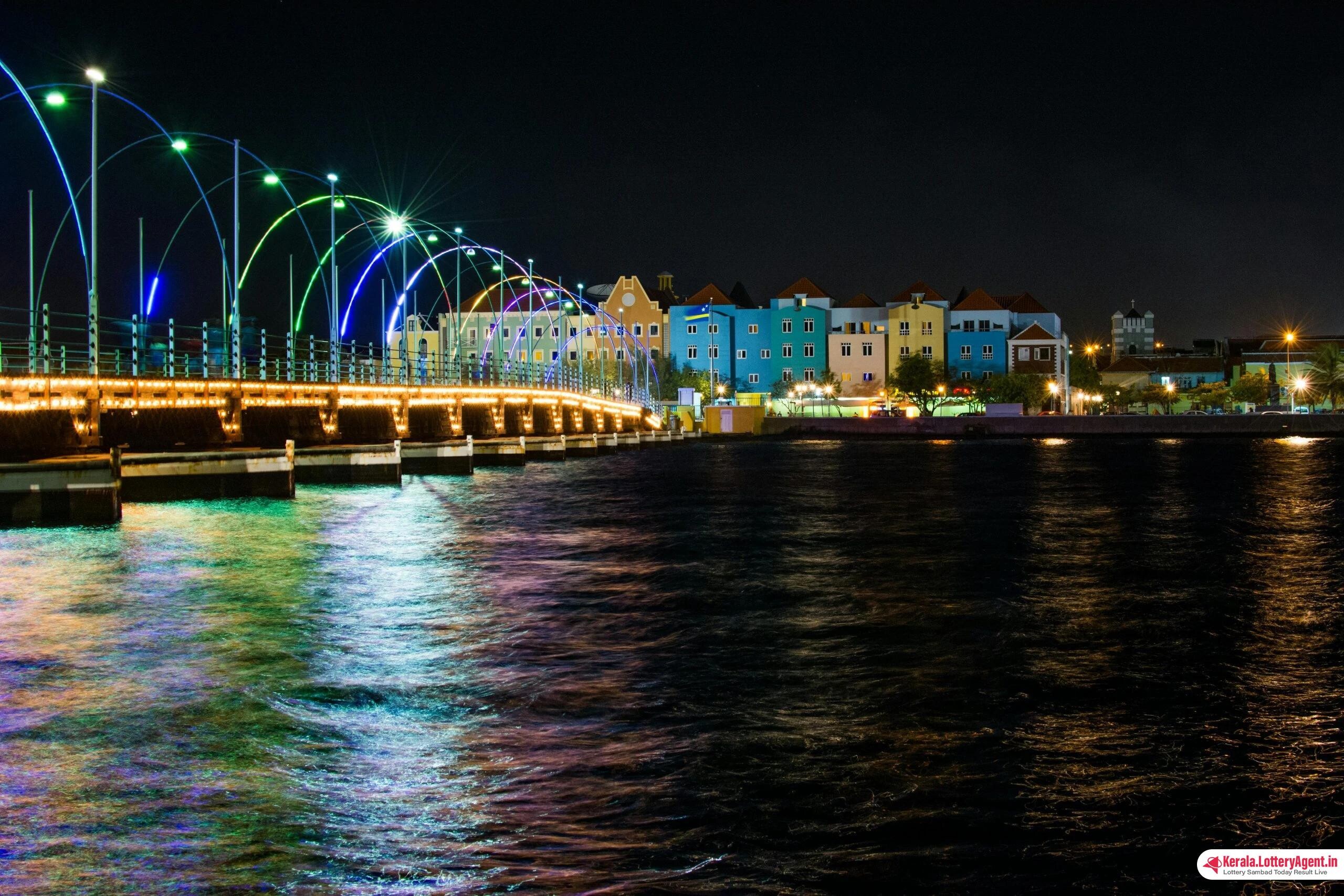
Amid the excitement and innovations showcased at ICE London 2024, a particular stand occupied by the Curaçao Ministry of Finance caught the attention of many – though it might have been easy to overlook initially. According to Pietersz, despite its modest appearance, the stand became a hive of activity throughout the event’s three-day span. Competing Commissions, advisors, and operators were among the visitors, all with a common inquiry: What does the future hold for Curaçao’s gaming market?
Misinformation regarding the market’s transition process had been circling, leading to increased curiosity and conversation. “That’s why I’m very happy for us to be here at ICE,” said Pietersz. “Because then we get the chance to provide the right information and set the record straight,” he added, emphasizing the need to quell inaccuracies, especially after false reports claimed that Curaçao’s parliament had outright rejected the upcoming LOK, or gaming control legislation.
This confusion could be traced back to unclear communication from the Council of Advice to the parliament, regarding whether the LOK was fit for submission – a procedural hurdle reportedly responsible for the misreporting. The Council’s guidance, issued in June 2023 but not publicly released until January 2024, likely contributed to this misunderstanding.
Last year was a preparatory phase for Curaçao, still operating under the aged National Ordinance on Offshore Games of Hazard (NOOGH), as it readied for the LOK. Currently, the bill is progressing through parliamentary channels; if everything proceeds smoothly, it will undergo further parliamentary hearings, be passed, and eventually enacted.
Javier Silvania, Curaçao’s minister of finance, recently gave a fervent speech to parliament, emphasizing the broader economic advantages of the LOK and the potential uplift in international reputation. The legislation intends to address issues of lax anti-money laundering (AML) and customer identification (KYC) policies in Curaçao.
Pietersz explained that with the LOK, the regulator would be empowered to issue direct licenses to gaming operators, a pivotal first step. Following this, it can employ the tools provided by the legislation to supervise those entities effectively. These tools are especially critical in addressing AML, KYC, and the promotion of responsible gaming.
For operators, the benefits of Curaçao’s enhanced standing are two-fold. Not only does it help to ensure they are part of a credible and well-regulated jurisdiction, but it also aids in positioning Curaçao on competitive footing with other territories like Malta and the Isle of Man, which offer direct licensing.
Detailing the procedures for prospective licensees, Pietersz conveyed a sense of urgency. With the deadline of 31 March looming, it is crucial for operators to register on the Gaming Control Board (GCB) portal to comply with future regulations. Beyond this date, registration for sub-licenses or new direct licenses under the NOOGH will not be possible, potentially leading to significant legal and operational challenges.
To illustrate, Pietersz described the quandary of a sub-licensee of a master license set to expire on 31 August. Failure to apply before the March deadline means that post-August, they would be operating illegally, having neither a sub-license nor a direct license from the GCB.
The GCB has warned that violators must cease operations and seek proper licensing – a process that could result in months of non-operation and lost revenue. The enactment of the LOK, potentially in June, would render unregistered operators illegal from that point forth.
The transition to the new regime isn’t meant to complicate matters. On the contrary, Pietersz underscored that the current process is established for simplicity. New licenses will correspond with existing laws but will align with the new legislation, ensuring smooth adoption once the LOK is in force.
With just a few weeks until the critical deadline, the industry’s responsiveness to the GCB’s directives hangs in the balance. Regardless, the advances suggested by the LOK indicate that Curaçao is poised for a transformative era in its gaming market, eager to shed any past notoriety and earn recognition as a regulated, reputable gaming jurisdiction.












